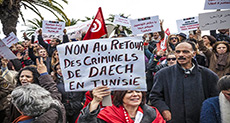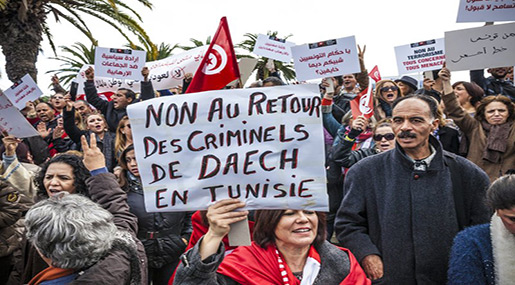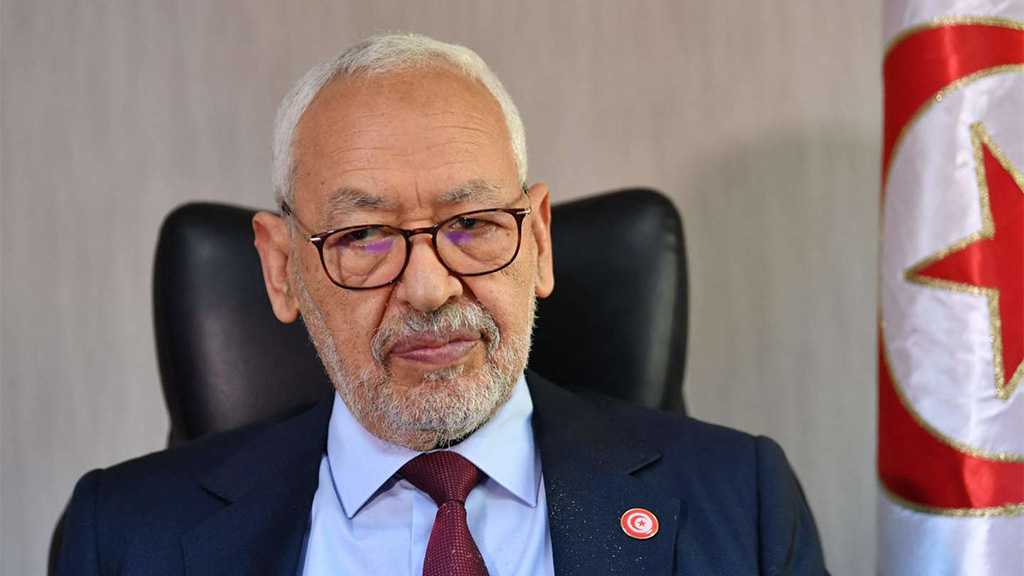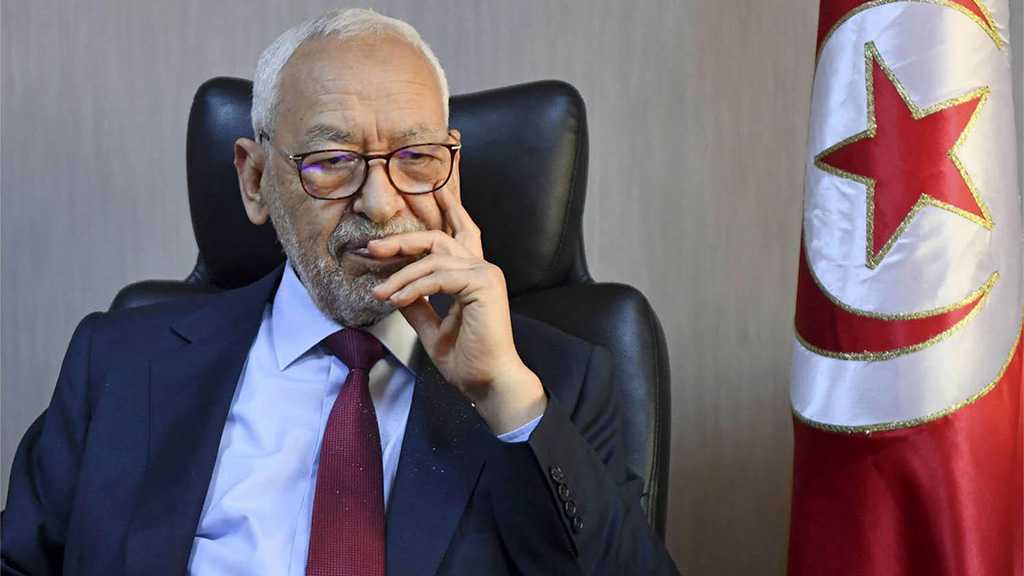
Tunisia Hesitates Taking Its Extremists Back

Local Editor
The fate of returnees to the country is unknown, as Tunisia is torn by a debate over what to do with and how to determine the threat posed by the young men who left the country to fight with the Takfiri Daesh [Arabic acronym for "ISIS" / "ISIL"].

There is an estimated number of 3,000 to 6,000 Tunisians who left the country, according to the Associated Press [AP].
Now, these young men are returning home. The Tunisian government is uncertain about the fates of these returnees and how to deal with the threat they pose.
"The danger is there. These are people who were indoctrinated. These are people who left and who destroyed their Tunisian passports and who announced that they belonged to the nation of Daesh," said Dr. Boutheina Chihi Ezzine, a leader of a protest movement against a government she fears is too willing to downplay the danger in exchange for social peace.
"Frankly," she said, "we do not know how these people can come back and have the same values as we do, the sense of belonging to Tunisia, to the Tunisian nation."
The country's prisons are full, its courts are backlogged with terrorism cases, and its desert borders are porous. The country, which is not on the Trump administration's banned travel list, is the only one to emerge from the 2011 Arab Spring with a functioning democracy.
By official count, around 3,000 Tunisians traveled to the war zone in Libya, Syria and Iraq - most of them to join Daeshand other extremist groups.
Many analysts believe the real number is at least double that. Another 1,250 young people were blocked from leaving, and it is believed that thousands of others are smoldering sympathizers.
Tunisia had witnessed a series of terrorist attacks, mostly on tourists, soldiers and even an unfortunate shepherd.
In 2015, a Daesh-trained Tunisian in Libya opened fire on a beach, picking off tourists. Two others stormed the galleries of Tunis' Bardo Museum, a popular destination for foreign visitors. In March this year, Daesh insurgents attacked the border garrison of Ben Gardane, and 55 people died in the ensuing fight. A teenage shepherd who refused to hand his flock over to the Takfiris was beheaded.
The Tunisian government is careful to say that any Tunisian who wants to return can do so.
"We deal with this subject according to the constitution and to the laws," said Chafik Hajji, a Tunisian diplomat who handles the returning fighters.
"Article 25 of the Constitution says that it is forbidden to deprive a Tunisian of his citizenship and to prevent him from returning home. We treat this subject, therefore, with all the seriousness and responsibility that it deserves," Hajji said.
The Tunisian government said it jails the most dangerous and monitors the rest. Around 800 are already back, Hajji said. Many, additionally, are trapped in legal and diplomatic limbo abroad.
"Tunisia is horrified by the idea that there are thousands of Tunisians who will return together to Tunisia. That's not happening. We know that these people left in small groups of two or three people and they are returning the same way," said Ridha Raddaoui of the Tunisian Center of Research and Study of Terrorism.
Raddaoui and Ezzine said the government had no real way to evaluate those who return. They are questioned, and anyone who acknowledges having committed crimes in the war zone is jailed for trial. But the evidence needed for conviction, if it exists at all, is in Syria or Libya. And, Raddaoui said, most end up being freed.
Source: News Agencies, Edited by website team



